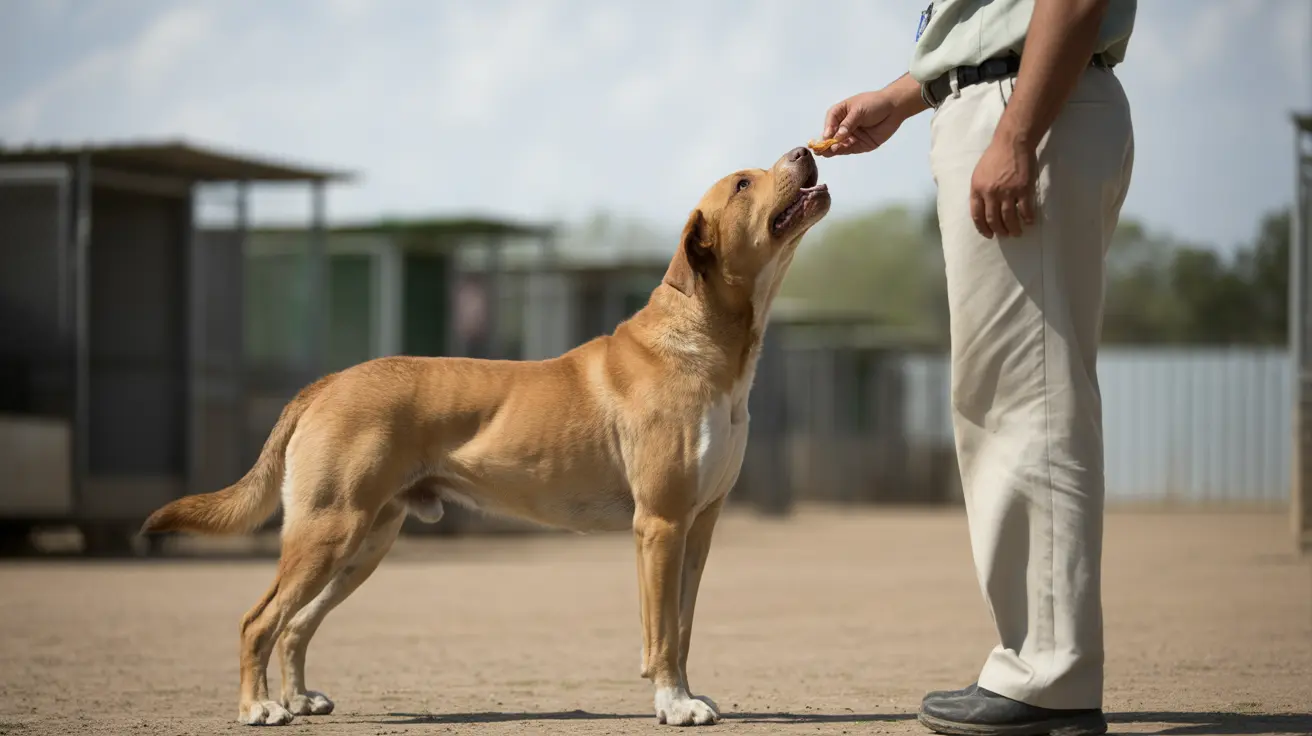Can You Give Your Dog a Pill to Calm Him Down?
When a female dog is in heat, her scent can stir intense behavioral reactions in nearby male dogs. This instinctual response can result in restlessness, anxiety, whining, attempts to escape, and even aggression. Pet owners often seek immediate relief strategies to calm their dogs, including the possibility of using a pill. So, is there a calming pill for your dog?
Understanding the Root Cause
The behavior of male dogs during a female's heat cycle is driven by a highly sensitive response to pheromones and hormones emitted by the female. This natural reaction is strong and difficult to suppress entirely without medical intervention or sterilization.
Why Medication Should Be a Last Resort
While certain veterinary-approved calming supplements exist, none are designed explicitly to suppress mating behavior caused by a female in heat. Moreover, administering sedatives or tranquilizers without professional guidance can pose serious health risks to your pet.
Options Available with Veterinary Guidance
- Calming supplements: Products containing ingredients like chamomile, L-theanine, or valerian root may reduce anxiety levels. These are available in chew or pill forms, but should always be given under a vet's supervision.
- Pheromone diffusers and sprays: These mimic comforting dog pheromones and may help reduce anxiety when used properly in the dog’s environment.
- Prescription medications: In extreme cases, a veterinarian may prescribe anti-anxiety medications, but this is typically reserved for severe behavioral reactions and requires monitoring.
Alternative Non-Medicated Soothing Methods
If you're exploring ways to calm your dog without relying solely on pills, consider a multi-faceted approach:
- Separation: Keep male and female dogs apart during the estrus cycle. Use barriers and house them in different locations if possible.
- Bathing and cleaning: Regularly bathe the female dog and clean her surroundings to minimize scent.
- Exercise and mental engagement: Take the male dog on vigorous walks and give him puzzle toys or training tasks to keep his energy and focus directed elsewhere.
- Calm space: Create a quiet refuge within your home using white noise or calm music to buffer external stimuli.
Natural Aids and Long-Term Solutions
- Dog-appeasing pheromones: These are available as collars or room diffusers and can help reduce anxiety.
- Doggy diapers and menthol rubs: Used for females, these help mask the heat scent. Use cautiously and only under supervision.
- Neutering: Reduces most mating-driven behaviors long-term. While it may not eliminate the behavior entirely, it significantly diminishes intensity.
- Training: Consistent behavioral training improves impulse control and overall response to stressful events.
What to Avoid
- Self-medicating: Never give human sedatives or unapproved dog medications.
- Ignoring signs of stress: Signs like pacing, marking, or vocalization may indicate that your dog needs intervention.
- Leaving dogs unsupervised: Even brief encounters between males and in-heat females can result in unplanned mating.
When to Consult the Vet
If your dog’s behavior becomes too intense to manage alone, or if natural calming measures aren’t effective, contact your vet right away. They can help you assess whether medicinal intervention is required and ensure it’s done safely.
Conclusion
While there are pills and supplements that might help calm a dog, they should only be used with veterinary oversight. A combination of separation, scent masking, physical and mental stimulation, and long-term solutions like neutering is often more effective and safer. Ensuring your dog’s mental and physical well-being during another dog’s heat cycle requires a holistic and compassionate approach.





